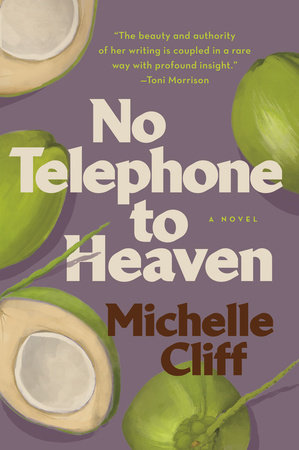States of DenialPosted in Articles, Caribbean/Latin America, Law, Media Archive, Politics/Public Policy on 2016-06-24 01:23Z by Steven |
Fordham Law News: From New York City To You
2016-06-04
When Barack Obama was first elected president in 2008, some pundits declared the United States to have finally reached a triumphal post-racial stage, an era of long-awaited racial harmony after the horrors of slavery and Jim Crow segregation. Yet, almost a decade later, race remains a source of tension and injury.
The situation is not so different in Latin America, and the similarities are of great interest to Professor Tanya Hernández. In her book Racial Subordination in Latin America: The Role of the State, Customary Law and the New Civil Rights Response (Cambridge University Press), Hernández examines the racial landscape of Latin American countries and uncovers customary laws of racial regulation that, while perhaps not as codified as Jim Crow laws, are as obstructive to genuine racial equality.
With degrees from Brown and Yale Law School, Hernández has studied comparative race relations and antidiscrimination law for over 25 years. In 2015, she was awarded a Fulbright Specialist Grant to consult on racial equality projects in France and Trinidad.
In this excerpt of her book, Hernández introduces a legal critique of race regulations in Latin America and the role of the Latin American states in erecting and sustaining racial hierarchies…
There are approximately 150 million people of African descent in Latin America, representing about one-third of the total population. Yet, these are considered conservative demographic figures given the histories of undercounting the number of persons of African descent on Latin American national censuses and often completely omitting a racial/ethnic origin census question. At the same time, persons of African descent make up more than 40 percent of the poor in Latin America and have been consistently marginalized and denigrated as undesirable elements of the society since the abolition of slavery across the Americas. Yet, the view that “racism does not exist” is pervasive in Latin America despite the advent of social justice movements and social science researchers demonstrating the contrary. When the BBC surveyed Latin Americans in 2005 regarding the existence of racism, a significant number of respondents emphatically denied the existence of racism. Many, for instance, made statements such as “Latin Americans are not racist,” and “Latin-America is not a racist region, for the simple fact that the majority of the population is either indigenous, creole, or mixed.”
Thus the denial of racism is rooted in what many scholars have critiqued as the “myth of racial democracy”—the notion that the racial mixture (mestizaje/mestiçagem) in a population is emblematic of racial harmony and insulated from racial discord and inequality. Academic scholarship has in the last twenty years critiqued Latin American “mestizaje” theories of racial mixture as emblematic of racial harmony. Yet, Latin Americans still very much adhere to the notion that racial mixture and the absence of Jim Crow racial segregation are such a marked contrast to the United States racial history that the region views itself as what I term “racially innocent.”…
Read the rest of the excerpt here.




